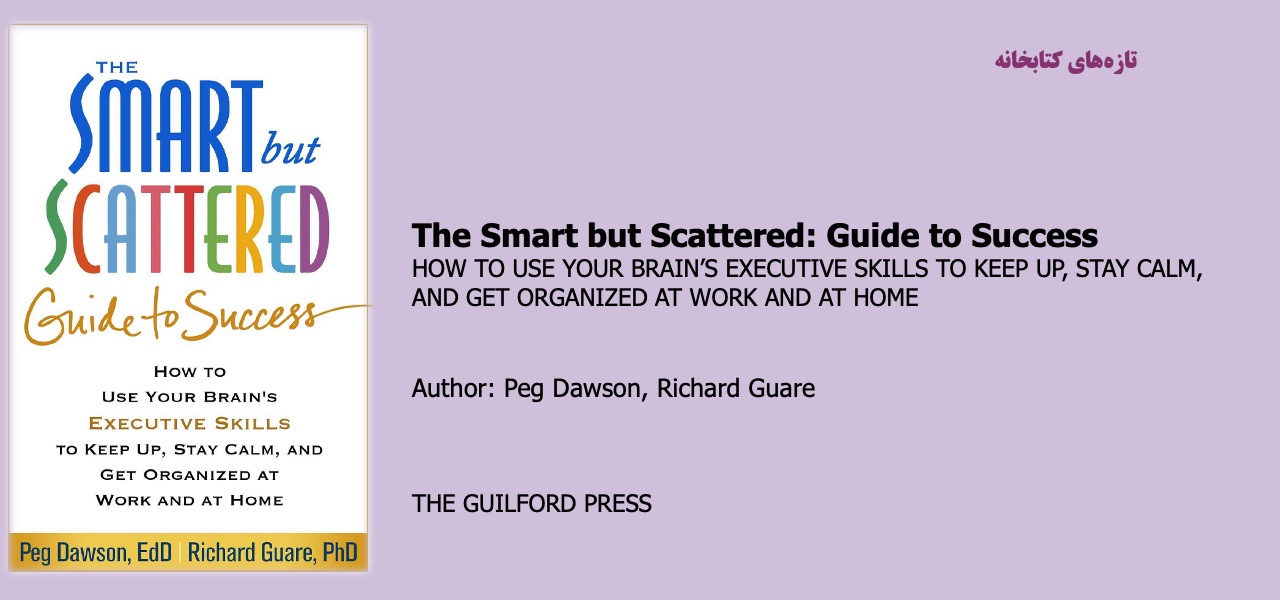The Smart but Scattered: Guide to Success

HOW TO USE YOUR BRAIN’S EXECUTIVE SKILLS TO KEEP UP, STAY CALM, AND GET ORGANIZED AT WORK AND AT HOME
Once you understand executive skills, both the array of skills encompassed by this term and how both strengths and weaknesses impact our ability to make it through the day, you will begin to understand better both how you operate and why you manage some tasks and responsibilities way better than others. And if you stop to consider the executive skills profiles of those you live and work with, their behavior will suddenly make a whole lot more sense to you as well. Our hope for the readers of this book is that you will carry away two things in particular. First of all, we hope to give you tools and strategies for improving whatever executive skill weaknesses you want to work on.
Recent brain research assures us that neuroplasticity (the idea that the brain can change over time and with targeted practice) continues throughout our lives, rather than ending sometime in childhood, as was initially believed. The bad news is that it takes more effort and sustained practice to change the brains of adults than is required to achieve the same result in children and teenagers. The good news is that if you want to tackle executive skill improvement, psychologists and other researchers have developed proven strategies to do this. Some of this research is complicated and dense (and makes for boring reading, to be honest). Our plan is to distill the research into practical procedures that you can take and apply to your own lives.
Second, we hope you will become more forgiving of yourselves and others for the evident executive skill weaknesses as well as more appreciative of your strengths and those of the people you live and work with—such as spouses or partners, children, and coworkers—and how those strengths can be used to compensate for weaknesses. Ideally, after reading this book, you will not only be able to use your own strengths to get around your weaknesses, but you may even be able to figure out how to tap into the strengths of others to make up for your weaknesses. (Admittedly, this works best when you can offer up your strengths to help those around you work around their weaknesses, because it feels more like a two-way street than a one-way “mooch.”)
مطالب مرتبط

کتاب تمرین درمان شناختی – رفتاری برای مشکلات سلامت روان
۱ / اردیبهشت / ۱۴۰۴

درآمدی بر روانشناسی خرد
۱ / اردیبهشت / ۱۴۰۴

سرشت – چگونه سیمکشی مغزهای ما هویت ما را تعیین میکنند؟
۱ / اردیبهشت / ۱۴۰۴

